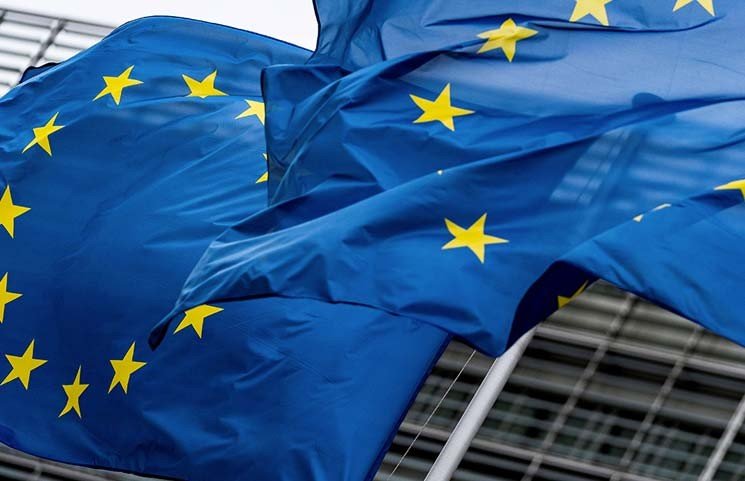AFME Urges the European Union to Come Up with a Joint Regulation

In a report published by the Association of Financial Markets in Europe (AFME) on November 14th, it is indicated that the organization is suggesting radical changes to the regulatory approach to cryptocurrencies across the whole union.
The indecisiveness of the EU council and relevant government organizations have been devastating for the private sector. This includes both the business and the consumer. Without clear classification, the business cannot identify cryptocurrencies as taxable income, or income at all. Therefore, many firms would outright refuse to accept any and all crypto deposits or payments to simply avoid the legal issues that would follow.
The most vocal out of all the participants in the discussion was Barkenvenband, which had already been very concerned with the lack of clarification about cryptocurrency regulation on a Union spectrum. Most member states have their own versions of regulating and classifying cryptocurrencies, which is creating some serious regulatory turmoil between the open trade agreements within the union.
Regulation first, e-Euro second
The AFME has stressed that focusing on drafting a Union-wide regulation should be the priority in the months to come. The talks about e-Euro simply cannot be continued unless the legal foresight has been implemented.
For countries like China, that don’t need to worry about domestic policy too much, distorting existing regulations and pushing for a digital currency while banning anything else is definitely not an issue, but the millions of crypto users in the EU will most definitely oppose the “exception” of the e-Euro from crypto regulations.
The most likely reason why a Union-wide regulation has been postponed for so long is Brexit. Regulators don’t want to agree on pretty much anything before this extremely important political issue is dealt with. Furthermore, the UK regulators are definitely not going to be keen on participating in the negotiations, because it could potentially be wasted at the next Brexit deal deadline.